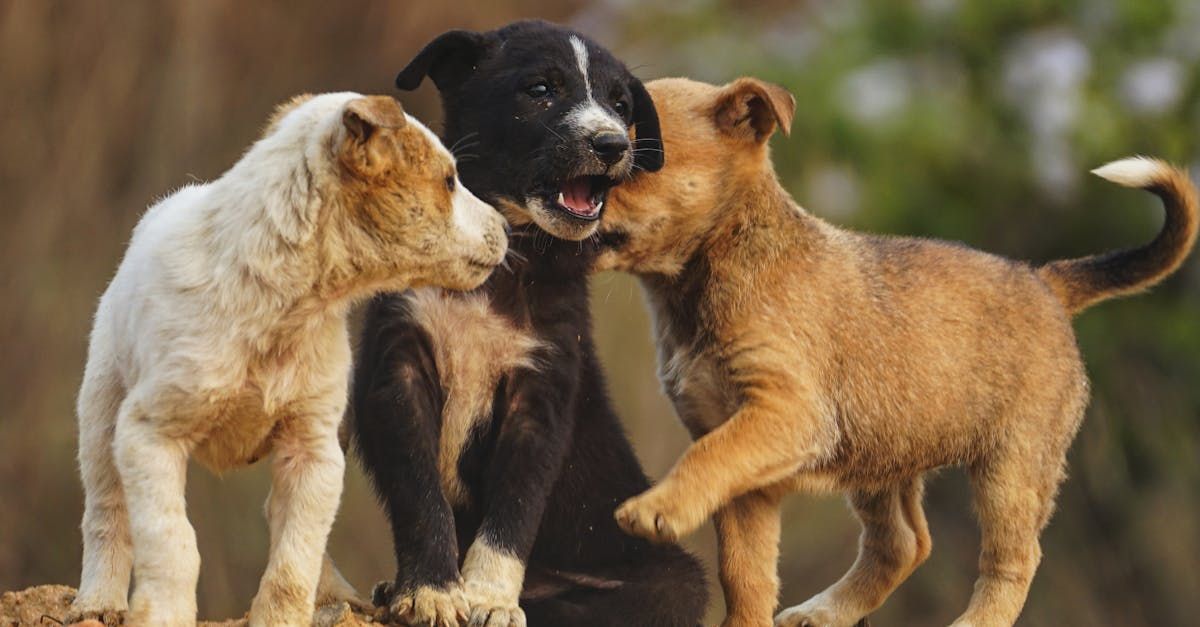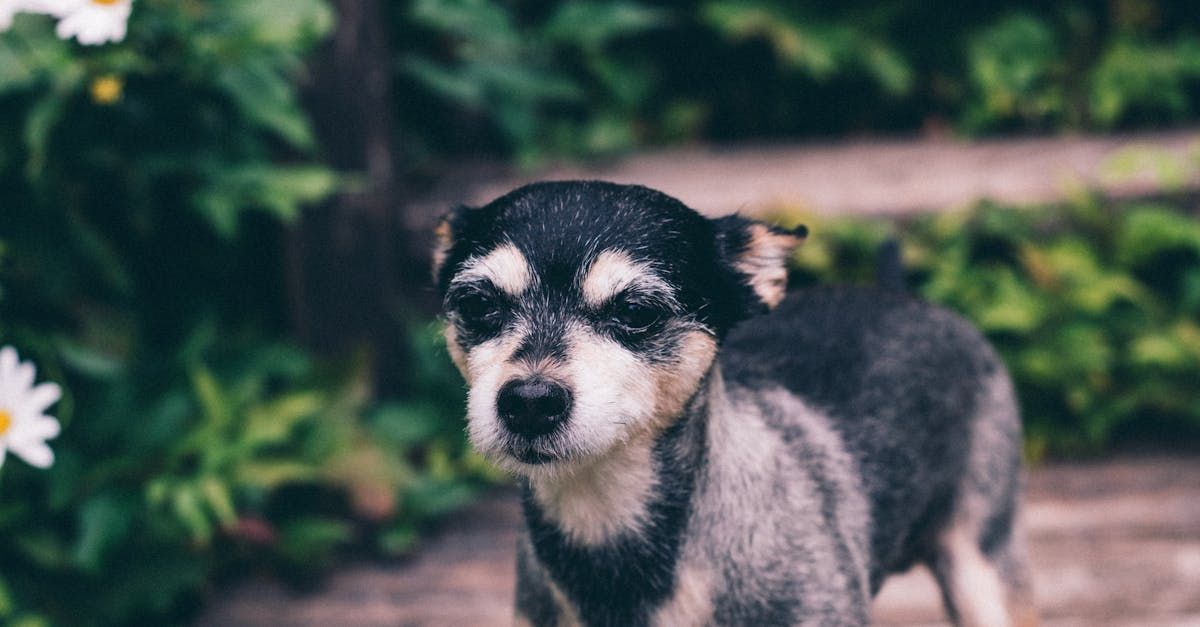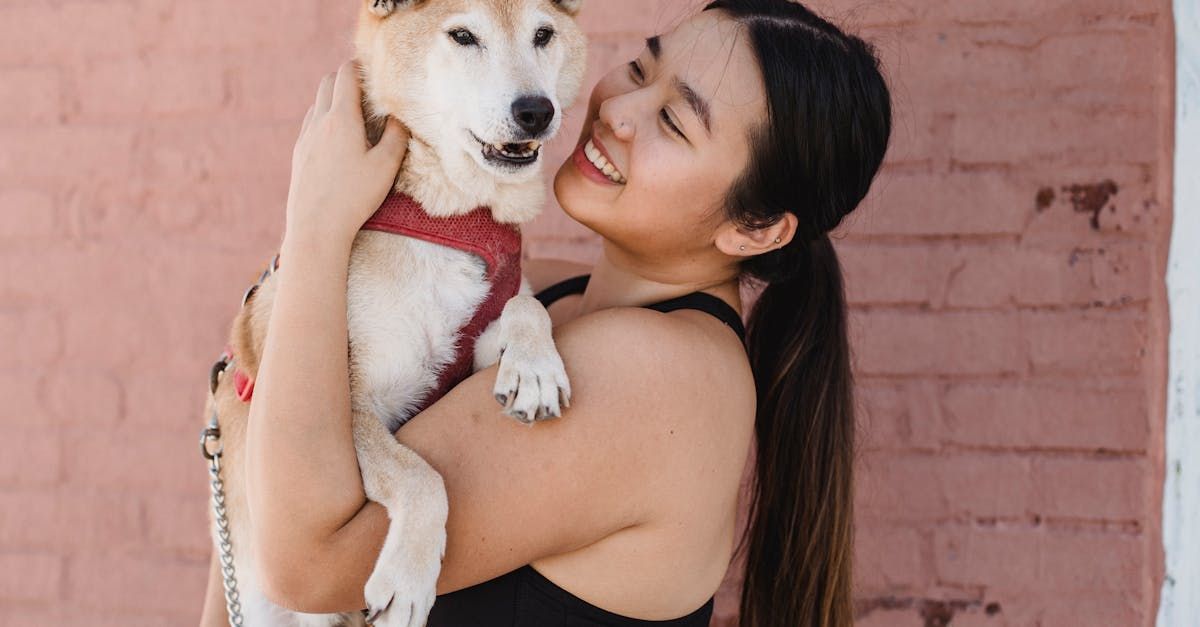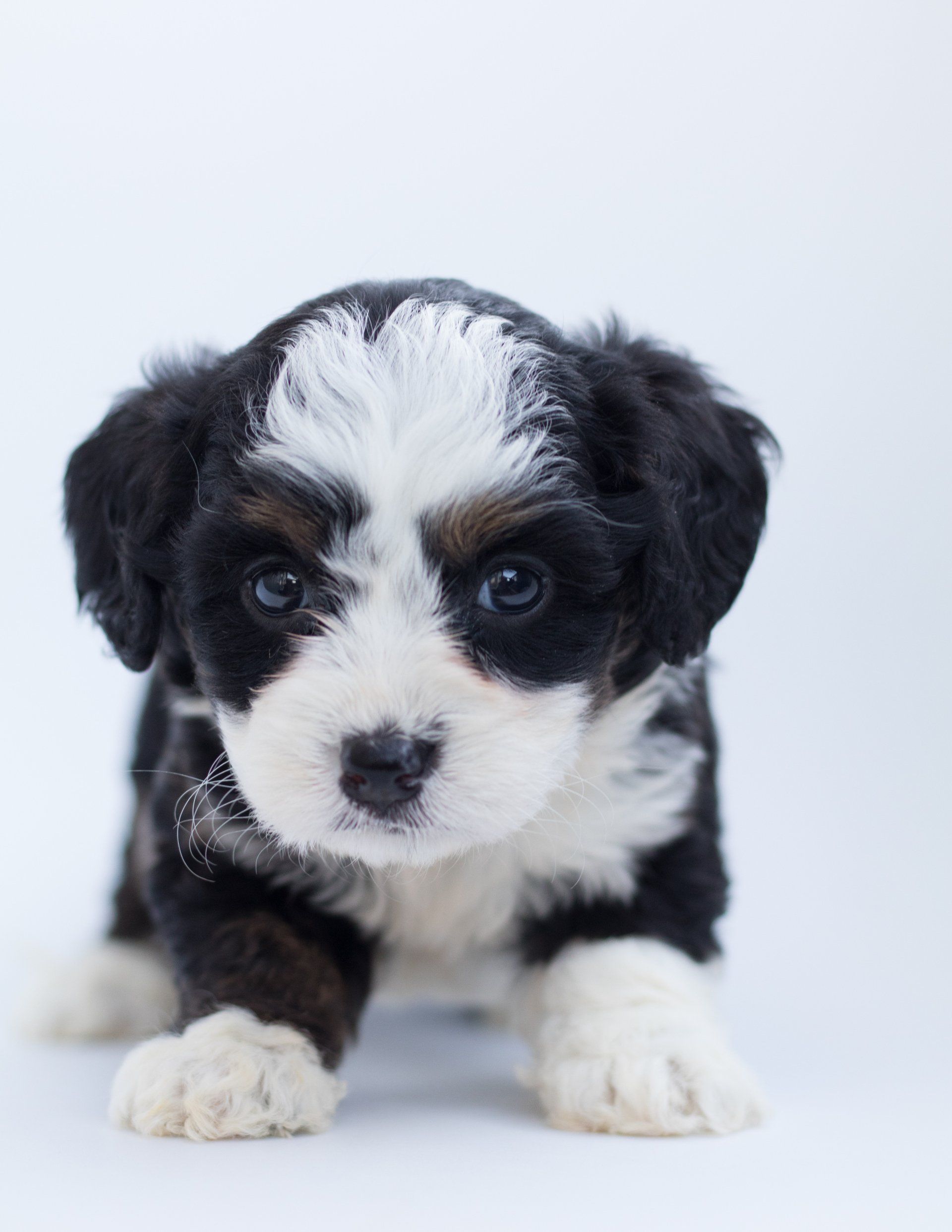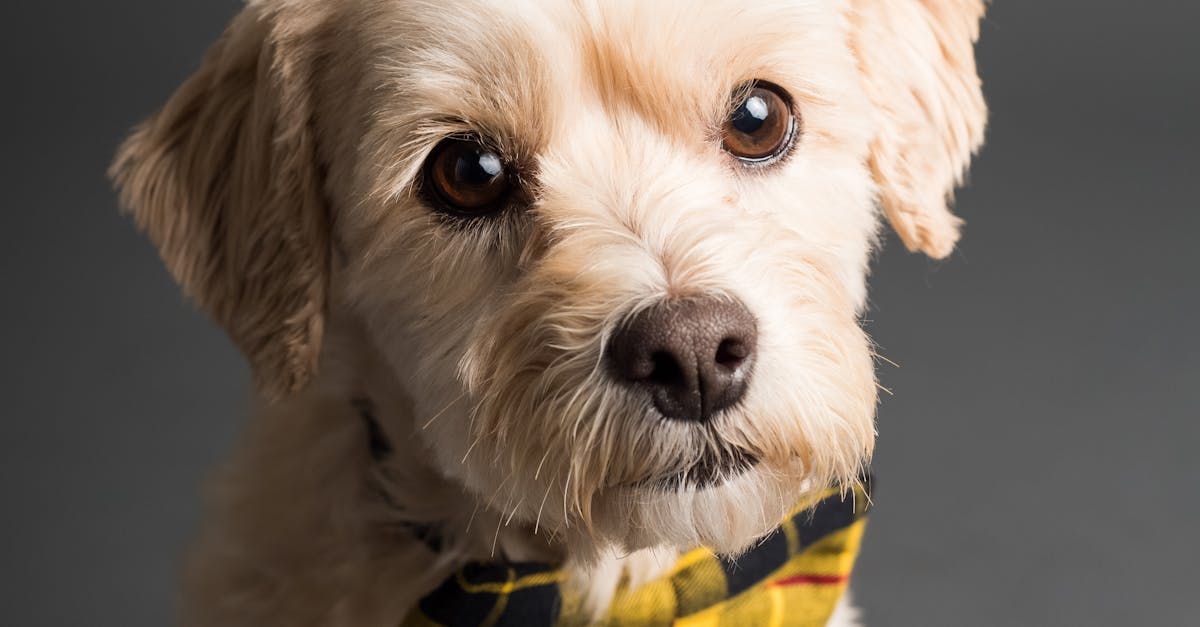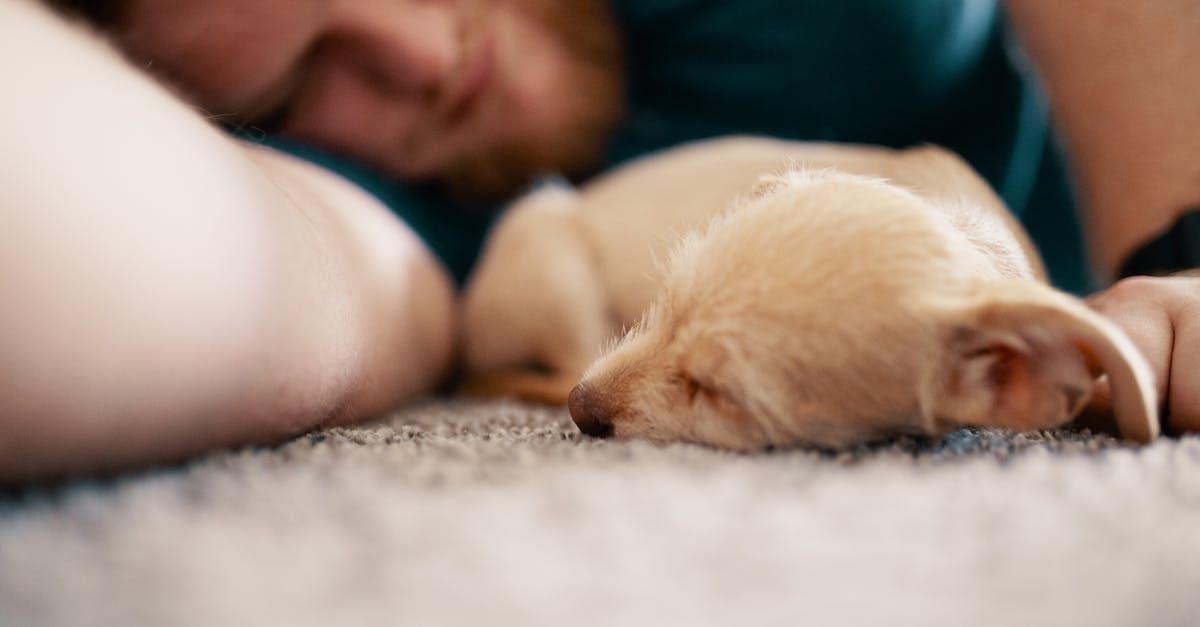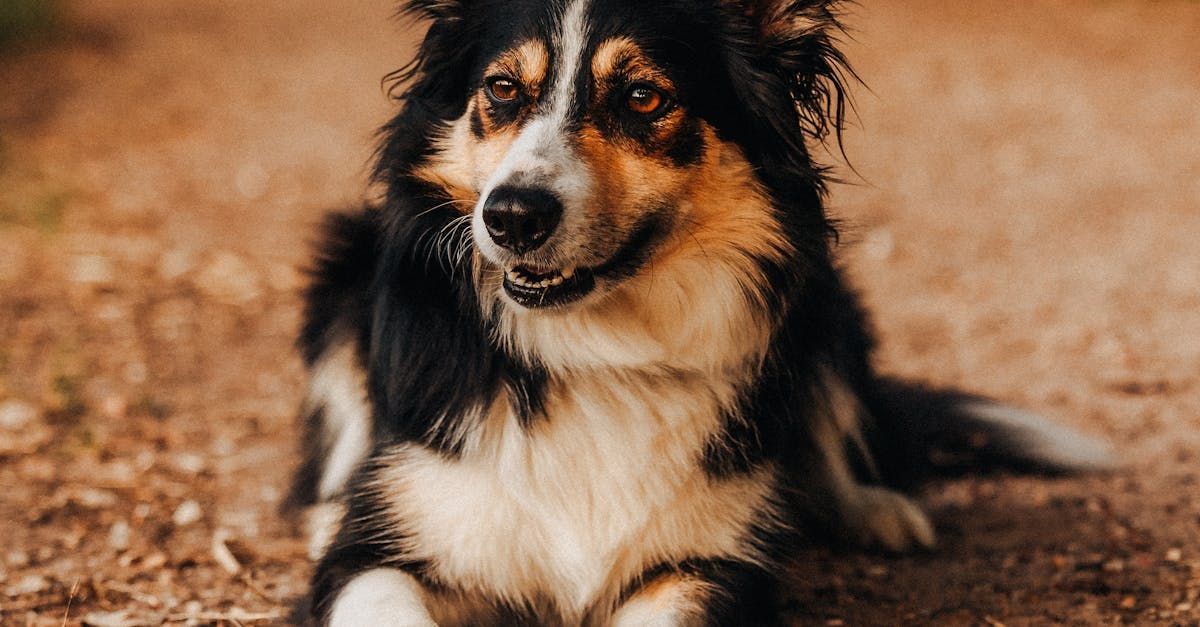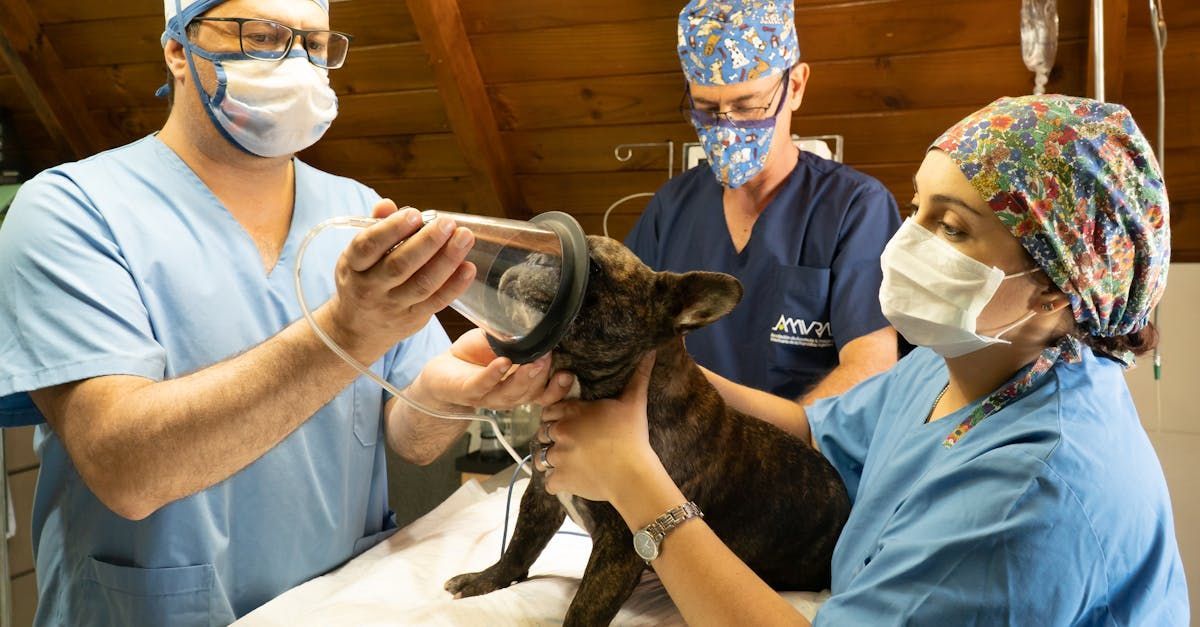Keep Your Dog's Breath Fresh and Teeth Clean:
Breath Fresh and Teeth Clean
As dog owners, we adore our furry companions for many reasons, but fresh breath and healthy teeth might not always be their strongest points. Just like humans, dogs require regular dental care to maintain good oral hygiene. Whether you have a tiny Chihuahua or a majestic Great Dane, here are some essential tips to ensure your dog's breath stays fresh and their teeth remain clean, tailored for all breeds.
Regular Brushing Routine:
Establishing a brushing routine is key to preventing plaque and tartar buildup. Use a dog-specific toothbrush and toothpaste (never human toothpaste, as it can be toxic to dogs) to gently brush your dog's teeth. Start slow and be patient, especially if your dog is not used to the process. Aim for brushing a few times a week to keep their teeth sparkling.
Dental Chews and Toys:
Certain toys and chews are designed to help clean your dog's teeth while they play. Look for toys with textures that help scrape away plaque. Dental chews made with ingredients like chlorophyll, parsley, or special enzymes can also freshen breath naturally while reducing buildup.
Healthy Diet:
A balanced diet is crucial for overall health, including dental health. Opt for high-quality dog food that promotes dental health. Some diets are specifically formulated to reduce plaque and tartar formation. Additionally, crunchy foods can help mechanically clean teeth as your dog chews.
Regular Vet Check-Ups:
Schedule regular veterinary check-ups, which should include a dental examination. Your vet can identify early signs of dental issues such as gingivitis or periodontal disease. They may also recommend professional cleanings as needed to maintain optimal oral health.
Water Additives and Mouthwashes:
There are oral care additives and mouthwashes formulated for dogs that can be added to their drinking water. These products can help reduce bacteria in the mouth and improve breath freshness between brushings. Always follow the instructions provided by your veterinarian.
Watch for Signs of Dental Problems:
Be vigilant for signs of dental issues such as bad breath, swollen gums, excessive drooling, or reluctance to eat. These could indicate dental disease or other health problems requiring veterinary attention.
Be Mindful of Breed-Specific Needs:
Different breeds may have varying susceptibility to dental issues. For example, smaller breeds like Yorkies or Chihuahuas are prone to dental problems due to their smaller jaws and crowded teeth. Large breeds might require larger, more durable dental toys. Tailor your dental care routine to suit your dog's specific needs.
By incorporating these tips into your dog's care routine, you can help ensure that their breath stays fresh, and their teeth remain healthy throughout their life. Remember, dental care is not just about cosmetics—it's a crucial aspect of your dog's overall health and well-being. With consistency and care, you can keep your canine companion smiling with fresh breath and a sparkling smile, no matter their breed!



